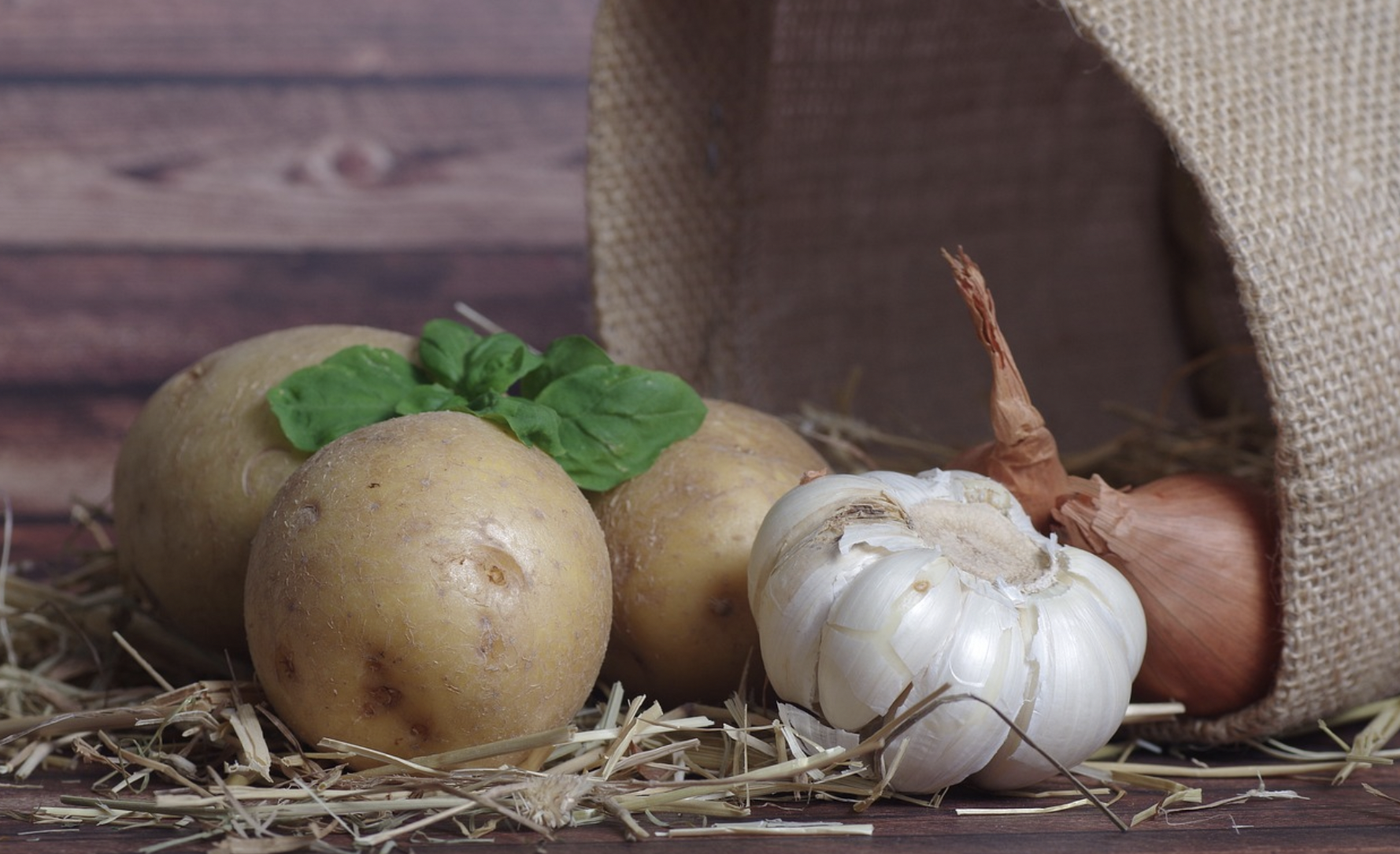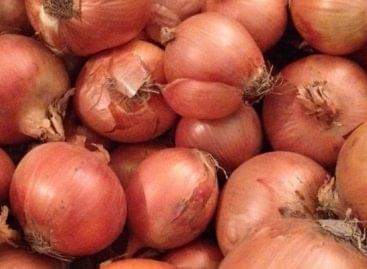Potatoes and onions are also in short supply in stores
Domestic horticulture is facing a difficult decision. Due to the high energy prices, many people would rather bring the goods to the market quickly, as the cost of storage has skyrocketed in recent months. By the end of the year, domestic root vegetables, onions and potatoes may also disappear from the offer.

At present, there are few modern storage facilities in Hungary
“Vegetables are always more expensive in winter, because then gardeners have to factor storage costs into the transfer prices. However, according to the specialist, an extraordinary situation has developed in the sector this year”
– said Ferenc Ledó, head of the vegetable growing sub-department of the National Chamber of Agriculture, to VG.
“This year, an extraordinary situation has developed in the sector. We are facing a critical period, as the drastic increase in energy prices greatly increases storage costs. Therefore, the majority of producers are now thinking about whether it is worth storing vegetables at all, or whether they would be better off if the harvest after that, they sell the crops next to the fields”
the specialist pointed out.
Related news
Fries have become cheaper at PENNY
🎧 Hallgasd a cikket: Lejátszás Szünet Folytatás Leállítás Nyelv: Auto…
Read more >Stable harvest, depressed prices – the Hungarian onion market shows a mixed picture this year
🎧 Hallgasd a cikket: Lejátszás Szünet Folytatás Leállítás Nyelv: Auto…
Read more >Related news
Festival buzz at the 60th anniversary EuroShop trade fair
🎧 Hallgasd a cikket: Lejátszás Szünet Folytatás Leállítás Nyelv: Auto…
Read more >No matter how much you save, food and gadgets always take the money
🎧 Hallgasd a cikket: Lejátszás Szünet Folytatás Leállítás Nyelv: Auto…
Read more >








